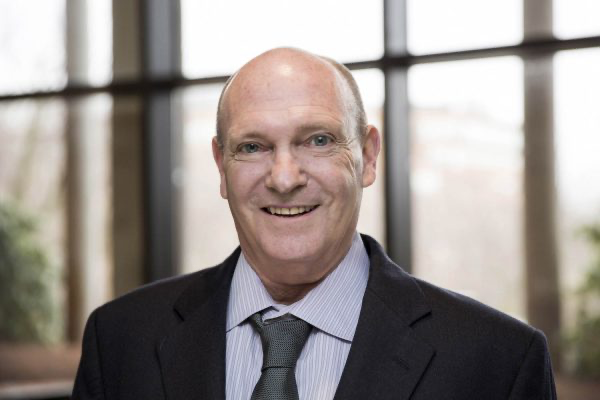Regular listeners to the show know that I have never bought into the notion that HOAs protect and even enhance property values. When you look at all the moving parts in a house controlled by a homeowners association, in no way can I see how that could be the truth. Professor Robertson, who was on the last show, did the research and found that HOAs not only do not protect and enhance values as claimed, but actually diminish the values. Now that made a lot more sense to me. But then I got an email from my friend Tyler Berding, an attorney in California, wanting clarification on what properties Professor Roberts based his study on. We are guessing they are single family homes, comparing similar sized homes with roughly the same square feet and amenities (number of bedrooms, bathrooms, and other amenities, construction and location, one in an HOA and the other Free as a bird and not in an HOA. But then Tyler reminded me of one of the big pitfalls in this entire HOA discussion and that is language. We don’t use terms that are common to everyone. Some people and places refer to them as common interest developments, others call them property owners associations, and yet others refer to them as condominiums, cooperatives, attached and detached housing and the list goes on and on. I am beginning to think we have a modern Tower of Babel.
Tyler Berding joins us On The Commons Tyler is a founding partner in the California based law firm of Berding and Weil. Tyler and his fellow attorneys specialize in Common Interest development law. We talk about language and the differences in the different forms and styles of these dwelling units and then dive into construction. Like I said, there are so many moving parts to a house in a homeowner association. We don’t often dig in deep enough when discussing the issues in HOA/common interest developments/ condominiums, etc, etc. I still can’t see how a house in an HOA can possibly protect and enhance the value, regardless of what you call it. in fact given all the parts it makes more sense that HOAs strip the owner of so much more. But regardless, I always enjoy talking to Tyler and learn so much from him. Tune in, I hope you enjoy the show as much as I did.
Share your stories on From the HOA Trenches


